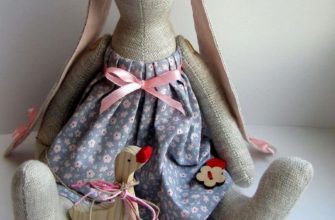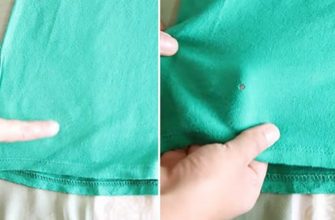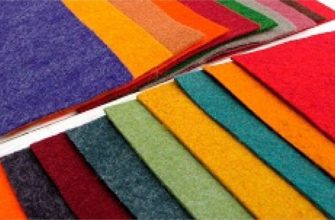An intermediate option between a classic device with a standard set of sewing functions and a full-fledged overlock is a sewing machine with an overlock. This is an alternative that allows you to make a neat and beautiful overcasting of the edge of the fabric without additional and very bulky equipment.
- Peculiarities
- Do you need an overlock?
- Why a sewing machine won't replace an overlock
- Functions and parameters
- Fabrics for overlock
- Mechanical and electromechanical machines
- Choosing a machine with an overlock function
- The difference between domestic and industrial
- Types of overlocks
- Popular manufacturers
- What sewing operations are really needed for work
- What you need to know about overlock for successful sewing
- Where to buy
Peculiarities
An overlock creates a chain stitch, while a classic sewing machine can perform a shuttle stitch. There are also differences in the sewing principle. In the case of an overlock, you can work with three-, four- and five-thread seams, while on machines you can only get a two-thread seam.
Please note! A sewing machine with an overlock only imitates a specific overlock stitch.
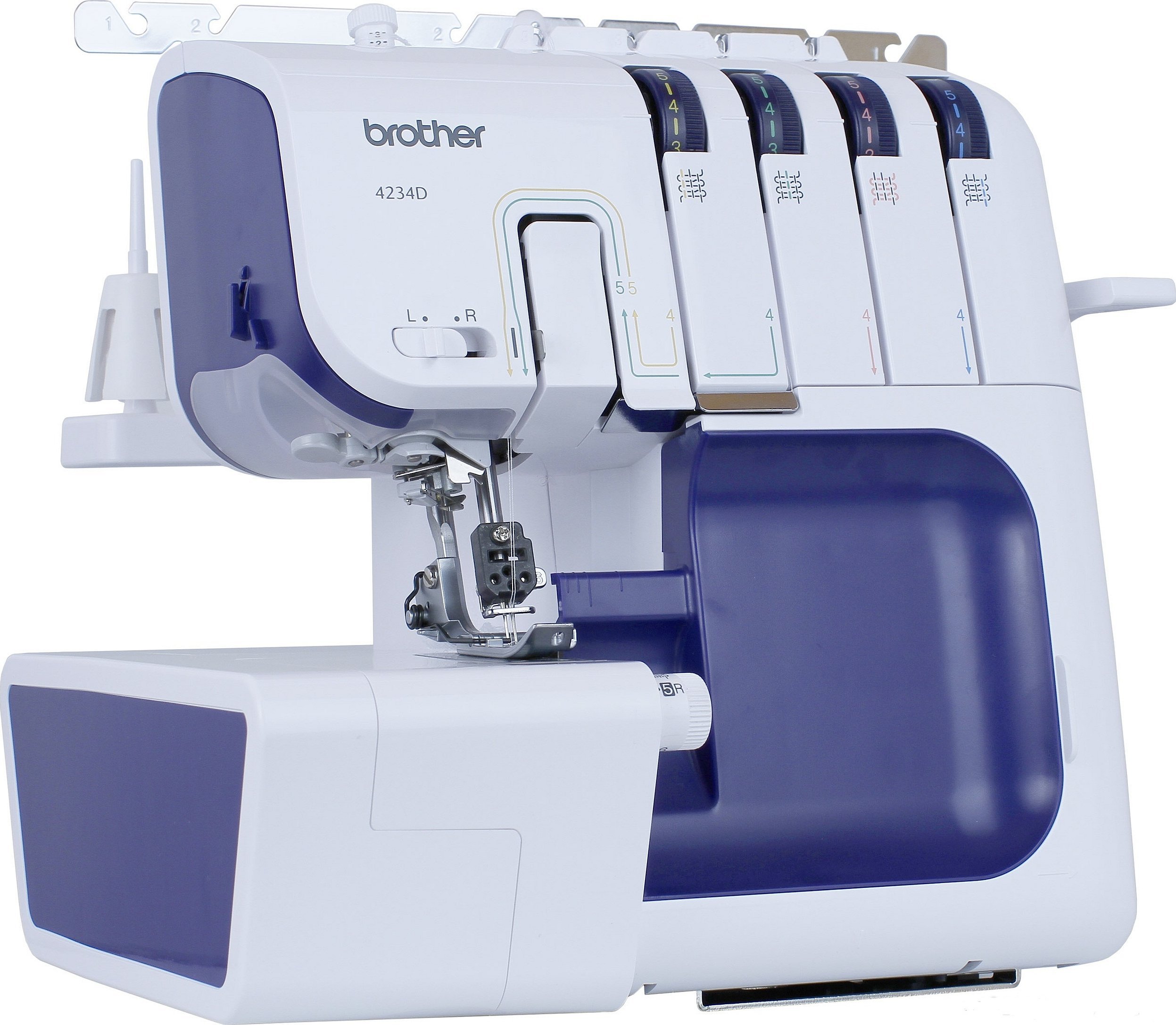
Do you need an overlock?
When using a sewing machine with an overlock, the external similarity of the lines with a full-fledged overlock is still present, but the quality and strength of the seam is an order of magnitude lower.
Using such sewing machines significantly simplifies the processing of fabric edges, and also prevents the edge from tightening and twisting. In addition, with the help of such a device it is possible to sew evenly along the cut, as well as make a better quality blind hem of the cut.
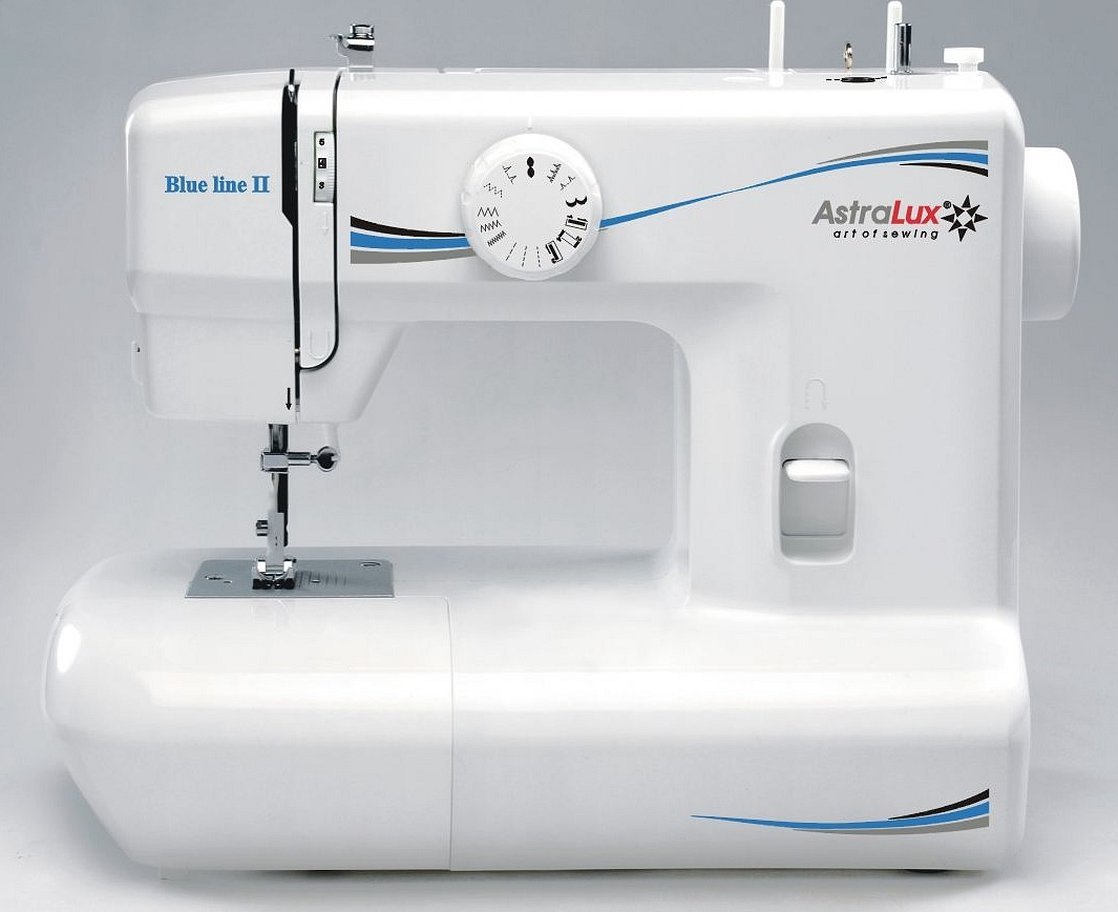
Why a sewing machine won't replace an overlock
A line made with an overlock sewing machine can be considered solely as an element of decorative finishing. As practice shows, it does not carry a functional load, and if the material is pulled too tightly, the threads may break. Such a line does not protect the material from fraying either.
Functions and parameters
The overlock sewing machine is suitable for beginner seamstresses. It is with its help that the basic operations of overcasting fabric edges without tightening and wrinkling are mastered. Also, such devices are indispensable when sewing products from elastic materials.
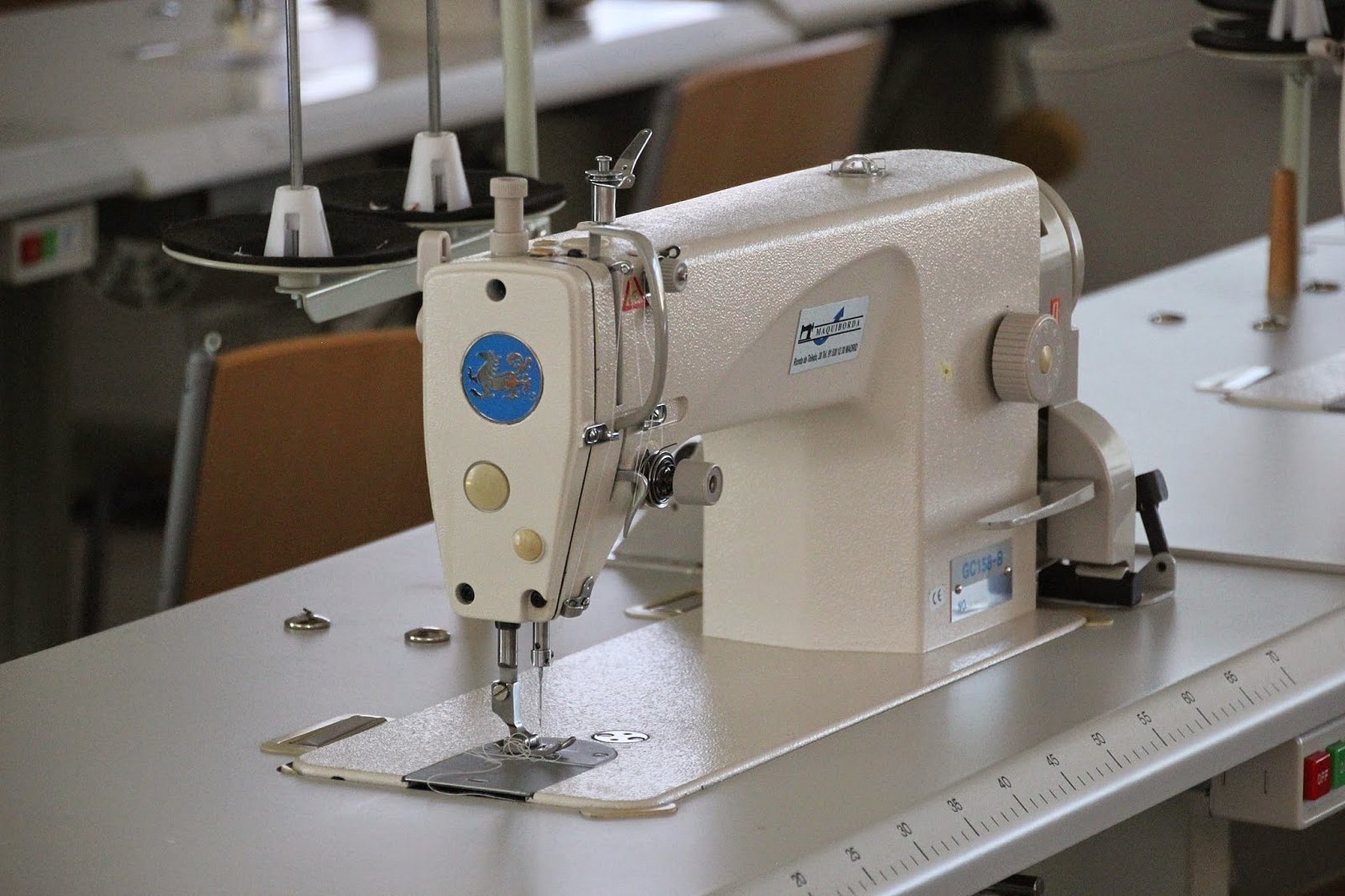
If there is a need for a full-fledged machine for embroidery, overcasting, darning, hemming, then the option with an overlock included in the kit will be the best.
When choosing such a device, it is necessary to take into account its power, since the sewing speed and the ability of the needle to pierce thick and multi-layer materials directly depend on it.
As for the type of machine, professional models with imitation overlock seam are unreasonably expensive. Therefore, it is best to give preference to household varieties with a built-in device simulating an overlock knife, designed for cutting material.
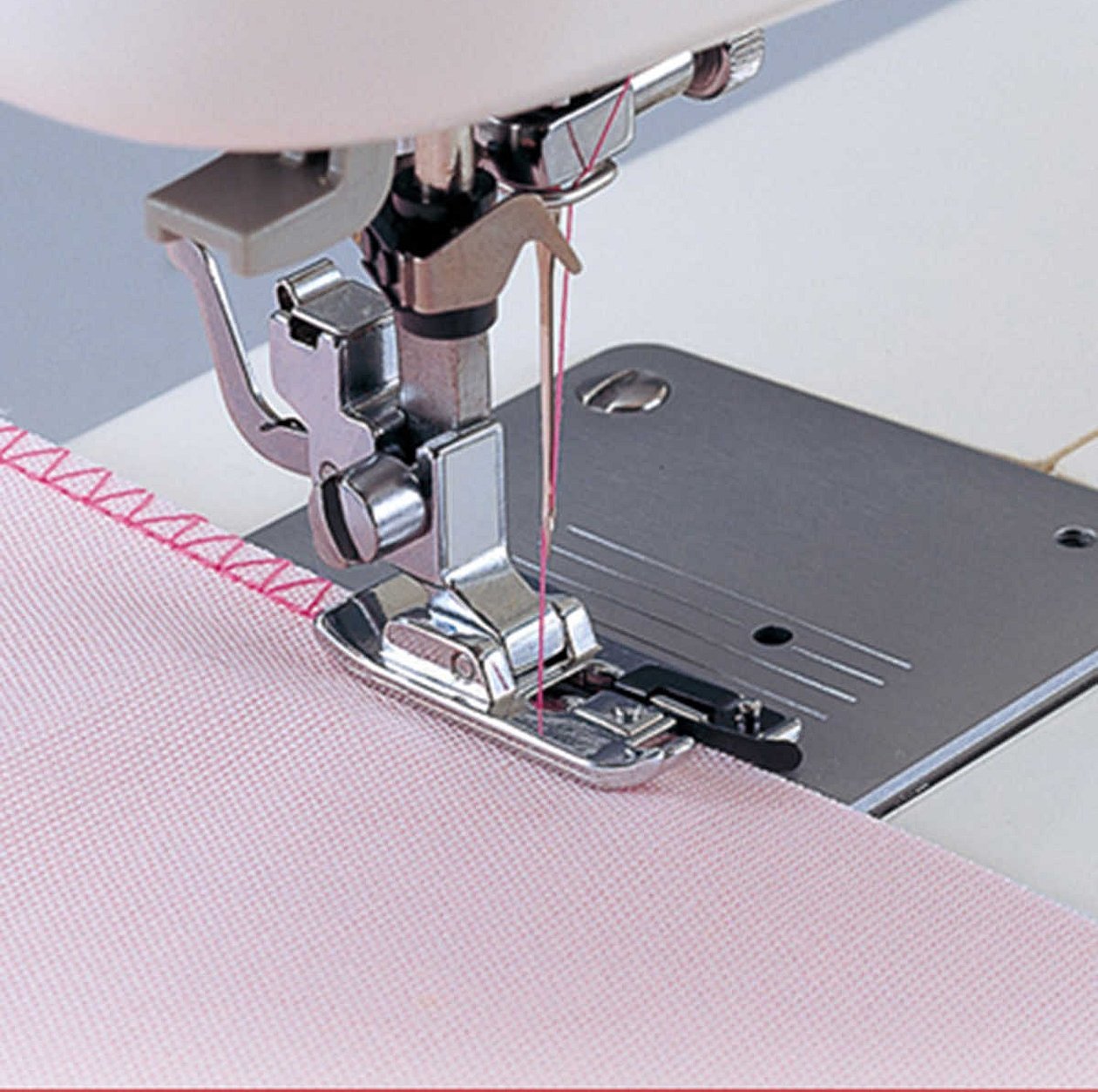
Fabrics for overlock
Modern sewing devices make it possible to overcast edges of parts on any textile. At the same time, this type of equipment is simply irreplaceable when sewing products from knitwear and stretch fabrics.
The overlock is also used for processing flounces, frills, and the bottom of skirts and dresses made of voile, organza, chiffon and other thin and light materials.
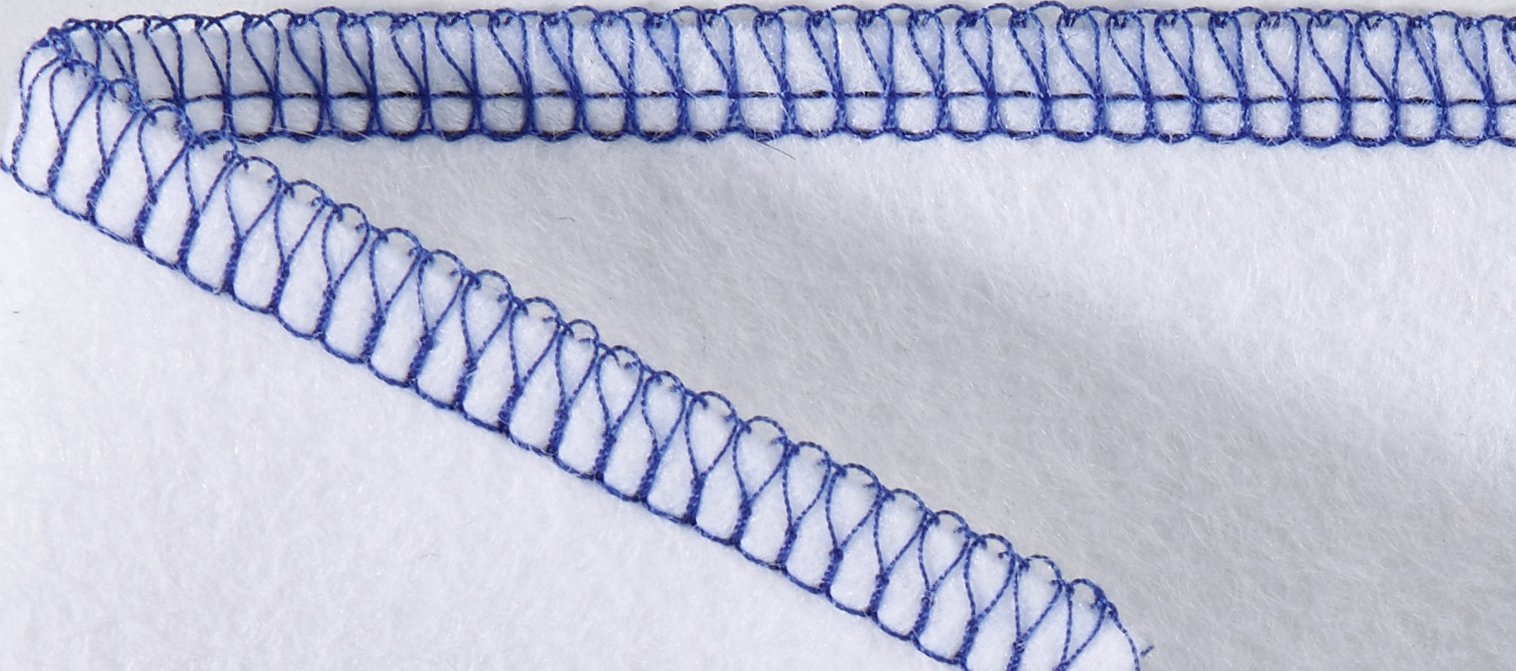
Mechanical and electromechanical machines
The most common type of sewing machines are electromechanical. They are inexpensive and easy to operate. You can sew items on them from absolutely any material. They are equipped with a powerful engine.
It is almost impossible to buy mechanical sewing machines in modern stores. Such devices can only do a straight stitch, so you shouldn't expect anything more from them.
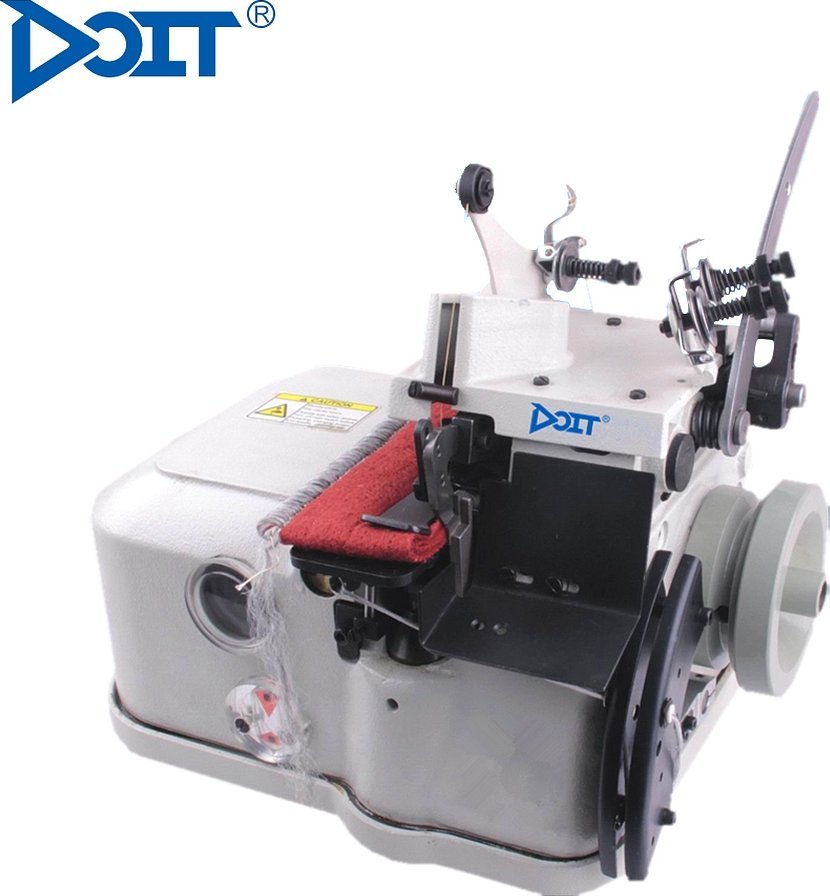
Choosing a machine with an overlock function
When choosing an overlock sewing machine for home use, you must first decide on its functional equipment.
Among the main selection criteria, the following can be noted:
- Power.
- Manufacturer.
- Type.
- Volume of work performed.
When choosing a sewing machine, you should be attentive even to the smallest details and be sure to decide on the tasks you plan to implement with its help.
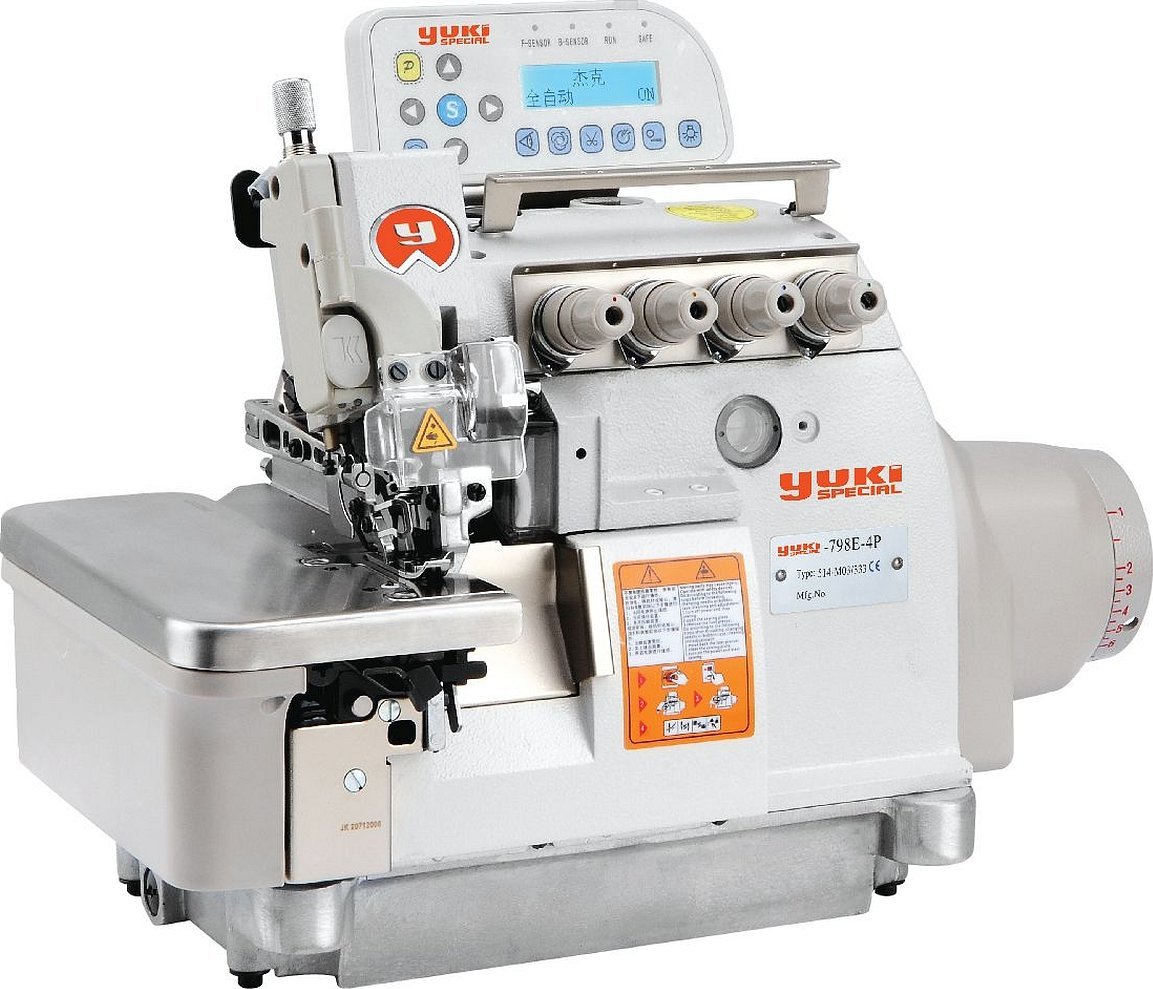
The difference between domestic and industrial
The industrial version is designed for heavy workload. Such a device allows you to sew for 8-12 hours. Household models, in turn, are designed for light workload. You can only work on them for 2 to 3 hours a day.
The sewing speed of an industrial tool is approximately ten times higher than that of a household tool, but it can only perform one type of stitch. As for a household tool, it can be reconfigured and can be used to perform up to 12 different stitches.
Types of overlocks
For home use, household overlock devices are most often used, which are divided depending on the number of threads inserted.
- Two-thread - the simplest and cheapest. The stitches are loose and of poor quality.
- Three-thread is a universal type that produces high-quality, dense seams that do not unravel after washing.
- Four-thread - with its help you can make a reinforced double front seam, simultaneously overcast edges and join parts.
- Five-thread - can perform a wide range of work. The difference is that it can sew, overcast, embroider and perform numerous functions.
There are also types of overlock with up to 8 threads, but they are intended for industrial use.
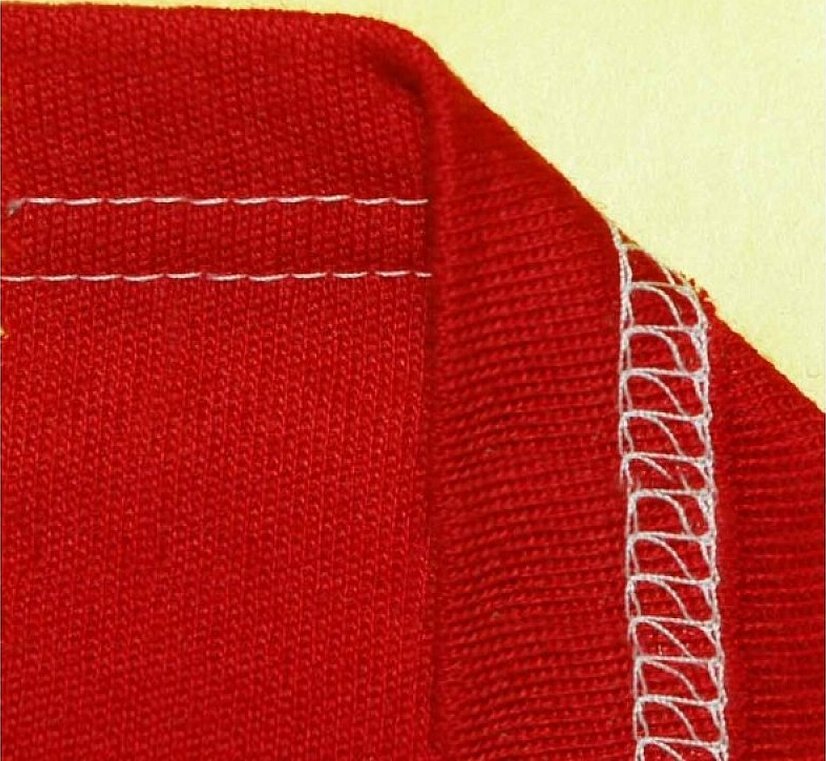
Popular manufacturers
Today, there are many manufacturers that produce sewing machines and overlock tools. The most common and well-proven ones are the following:
- Janome.
- Astralux.
- Juki.
- Merrylock.
- Brother.
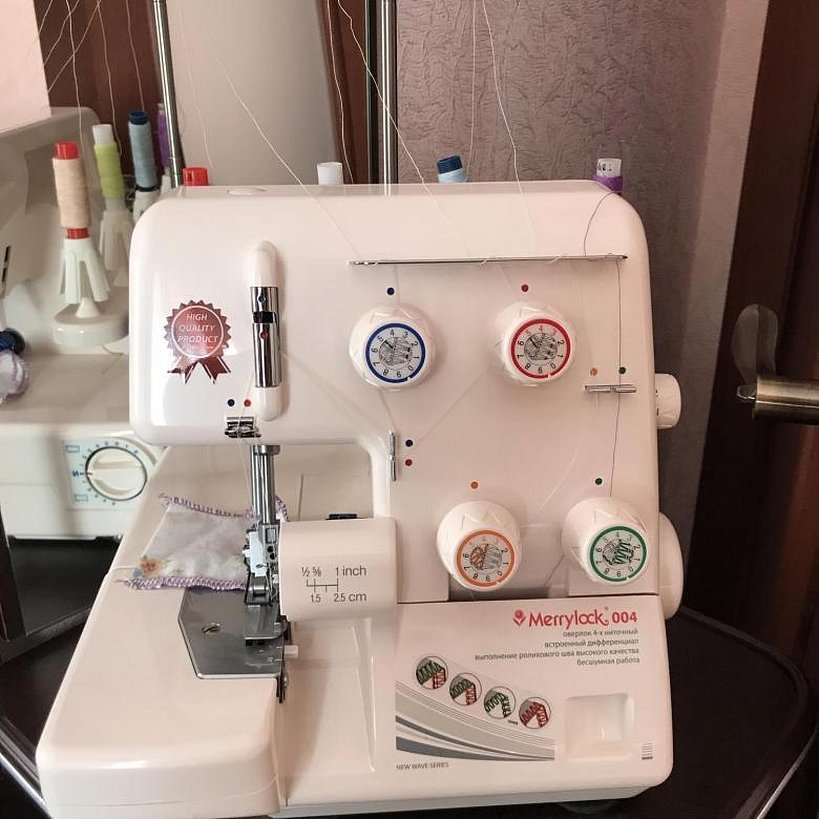
What sewing operations are really needed for work
To produce high-quality seams and cope with various tasks, the device must be able to perform the following tasks:
- automatically tighten the threads;
- perform a roller seam;
- adjust stitch width;
- create wavy edges on fabric using differential feed;
- have a switchable knife;
- be able to work with different thicknesses of fabrics
In addition to all of the above, it is best if the overlock is also equipped with a compartment for collecting debris.
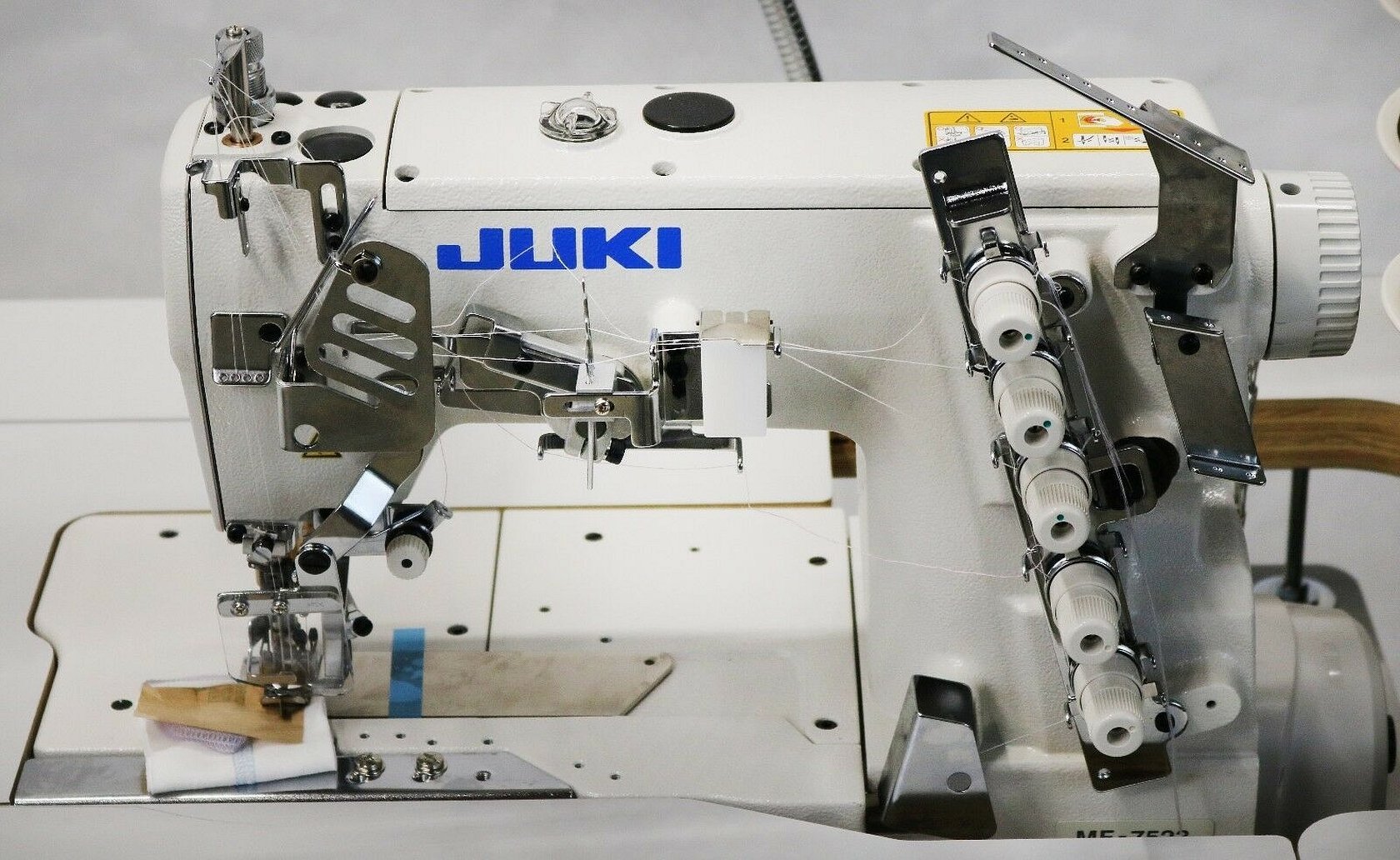
What you need to know about overlock for successful sewing
With the right and competent approach, the overlock will delight you with beautiful and perfect stitches. In order to quickly become friends with this tool, you need to take into account the following recommendations:
- To perform the work, there is no need to use special needles and threads; the same ones intended for sewing machines will do.
- Please read the instructions carefully before using.
Where to buy
You can buy an overlocker online. In this case, you can compare prices and read reviews of models, as well as look at the ratings of devices. You can also buy the tool in specialized stores or from hands on special trading platforms.
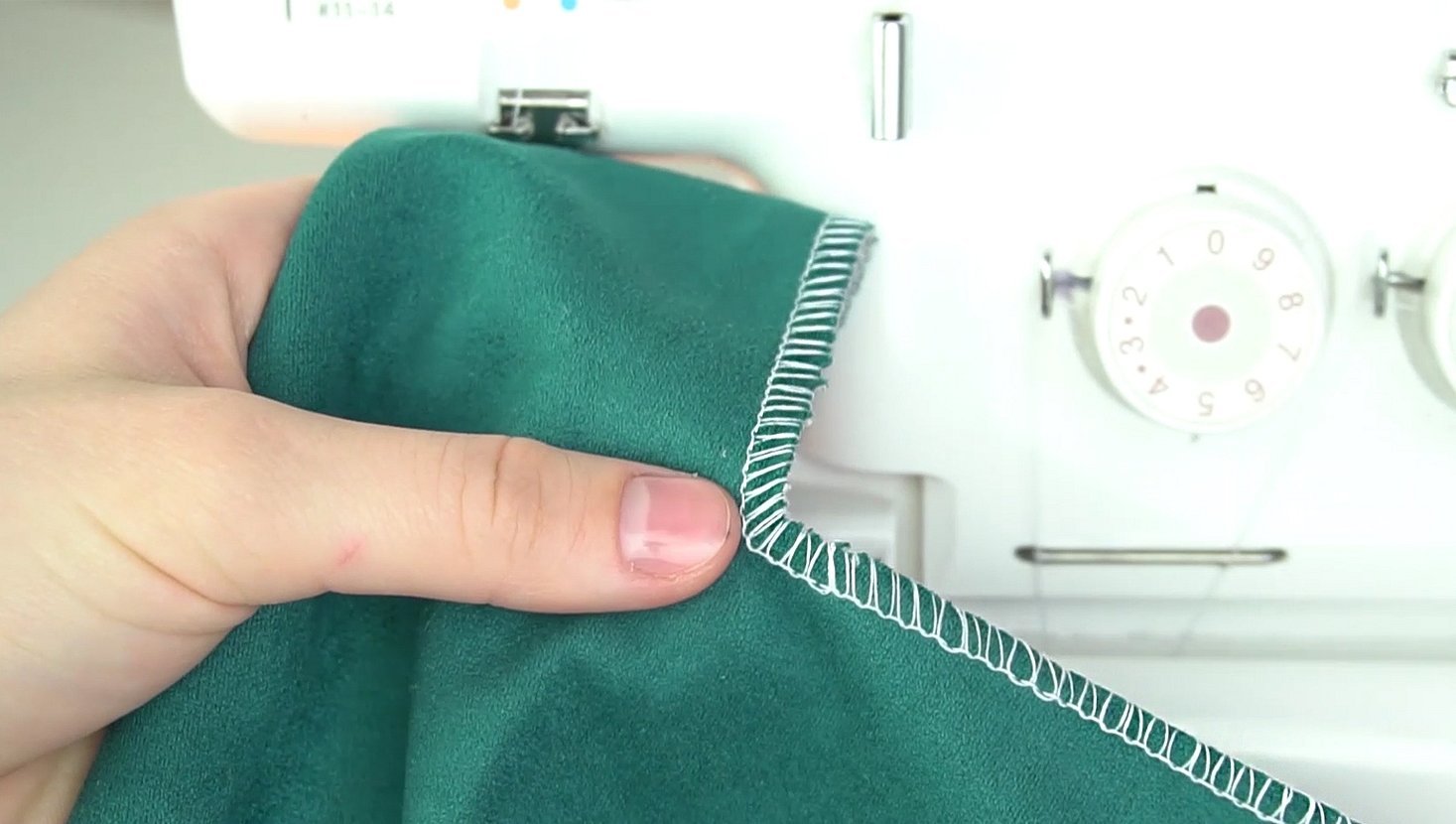
For many housewives, the question of how to choose a sewing machine with an overlock is relevant. Such models provide great opportunities and allow you to perform neat overcasting of edges at home without expensive and bulky equipment.

